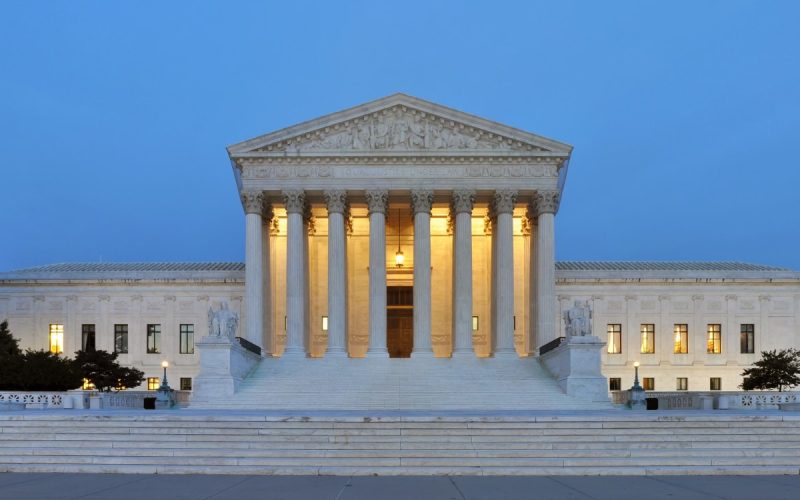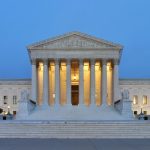What happens when the nation’s highest court hands parents the keys to the classroom door? On June 27, the Supreme Court delivered a bombshell decision that’s already sparking heated debate from coast to coast.
In a 6-3 split, the justices ruled that parents in Montgomery County, Maryland, can pull their elementary school children out of classes that include storybooks with LGBTQ+ characters.
The decision, echoing through every school hallway, is being called a major victory for religious freedom—and a stunning setback for LGBTQ+ inclusion.
The case, Mahmoud v. Taylor, began when a diverse group of parents—Muslim, Roman Catholic, Ukrainian Orthodox, and others—challenged their district’s refusal to let them opt out.
These parents argued that reading about same-sex marriage or gender identity in school threatened their ability to raise their children according to their faith. The school district, meanwhile, insisted the books simply reflect the diversity of the world and teach respect for all.
But the Supreme Court saw things differently. Writing for the majority, Justice Samuel Alito declared that refusing to allow opt-outs “poses a very real threat of undermining their religious beliefs and practices.”
The court said the school board’s policy likely violates the First Amendment’s guarantee of free exercise of religion. Until the legal battle is resolved, schools must notify parents in advance and allow them to excuse their children from any lesson featuring LGBTQ+ themes.
Civil War’s True End, the 14th Amendment, and the Unfinished Fight for Equality
This ruling didn’t come out of nowhere. In 2022, the Montgomery County school board first let parents opt out of LGBTQ+-inclusive material. A year later, they reversed course, arguing the opt-out program was too unwieldy and conflicted with the district’s values of inclusion.
That’s when the parents sued, claiming government-led indoctrination. Their lawsuit quickly became a flashpoint in America’s ongoing culture wars.
For many, the Supreme Court’s decision feels like a seismic shift. National groups like the Interfaith Alliance warn that the ruling could open the floodgates to more demands for religious exemptions—not just from LGBTQ+ content, but from lessons about other faiths, histories, or identities some families oppose.
They fear this could undermine public education’s mission to foster tolerance and prepare students for a diverse society.
Yet for the parents who brought the case, the ruling is a lifeline. They say they never wanted to stop other children from reading these books—only to protect their own kids from ideas they find objectionable. The court’s decision gives them that power, at least for now.
Liberal justices Sonia Sotomayor, Elena Kagan, and Ketanji Brown Jackson dissented sharply. Justice Sotomayor accused the majority of inventing a “constitutional right to avoid exposure to subtle themes contrary to the religious principles that parents wish to instill in their children.”
She warned that the ruling could set a dangerous precedent, allowing parents to demand exemptions from any curriculum they dislike.
The effects of this decision could be far-reaching. School districts nationwide are now bracing for a wave of opt-out requests, not just over LGBTQ+ topics but potentially over race, religion, science, and more.
Administrators worry about the logistical nightmare of tracking who is allowed to attend which lessons. Some fear that public schools could become patchworks of competing belief systems, with students missing out on shared experiences that bind communities together.
Justice Alito’s opinion suggests the court is ready to expand parental rights even further. He wrote that “educating one’s children in one’s religious beliefs, like all religious acts and practices, receives a generous measure of protection from our Constitution.”
That’s a broad statement, and legal experts say it could fuel new lawsuits over everything from sex education to evolution.
Shocking GM Vehicle Recall: Fire Risk Forces Over 62,000 Trucks Off the Road—Are You at Risk?
For LGBTQ+ students and allies, the ruling stings. Advocates say it sends a message that their lives and families are controversial topics, something to be avoided rather than understood.
Some worry that the decision could embolden efforts to ban LGBTQ+ books or lessons entirely—a trend already seen in several states.
The Supreme Court’s ruling is only a preliminary injunction; the case now heads back to the lower courts for a final decision. But the message is clear: parental rights, especially when rooted in religion, are taking center stage in America’s education system.
As the dust settles, everyone—from teachers to parents to kids—will be watching to see what comes next.
For more on the legal and social context of this decision, see the official Supreme Court opinion.
Interested in Political News , Read here





